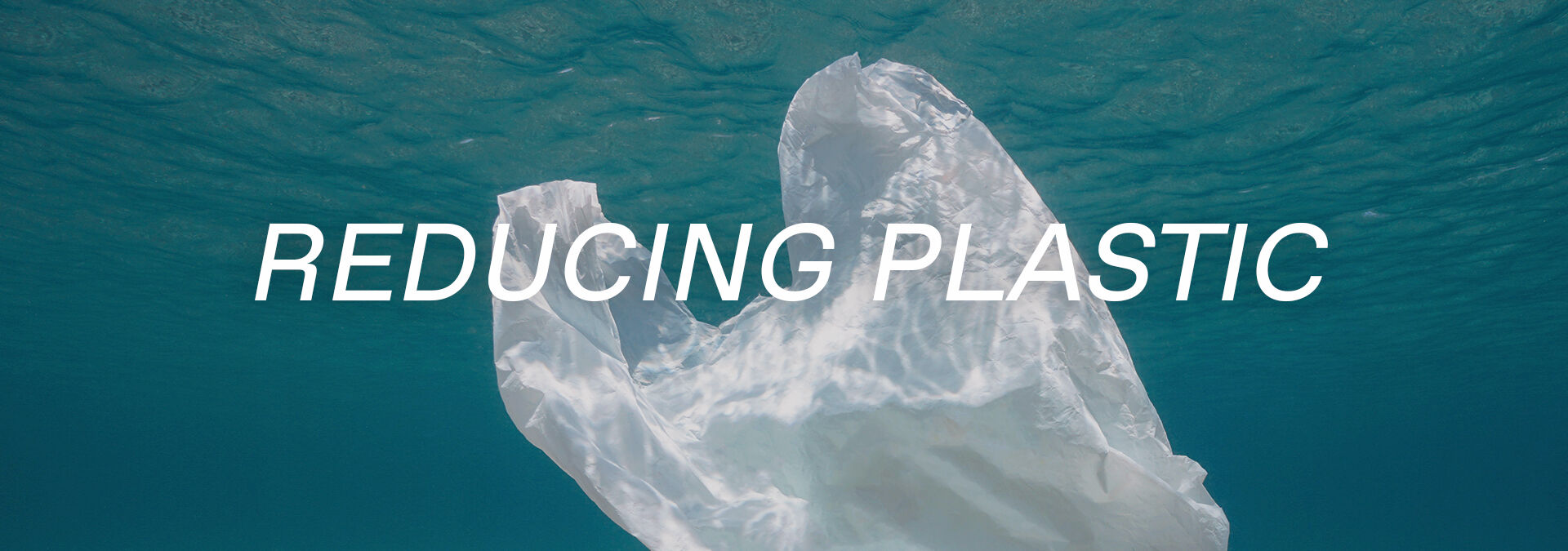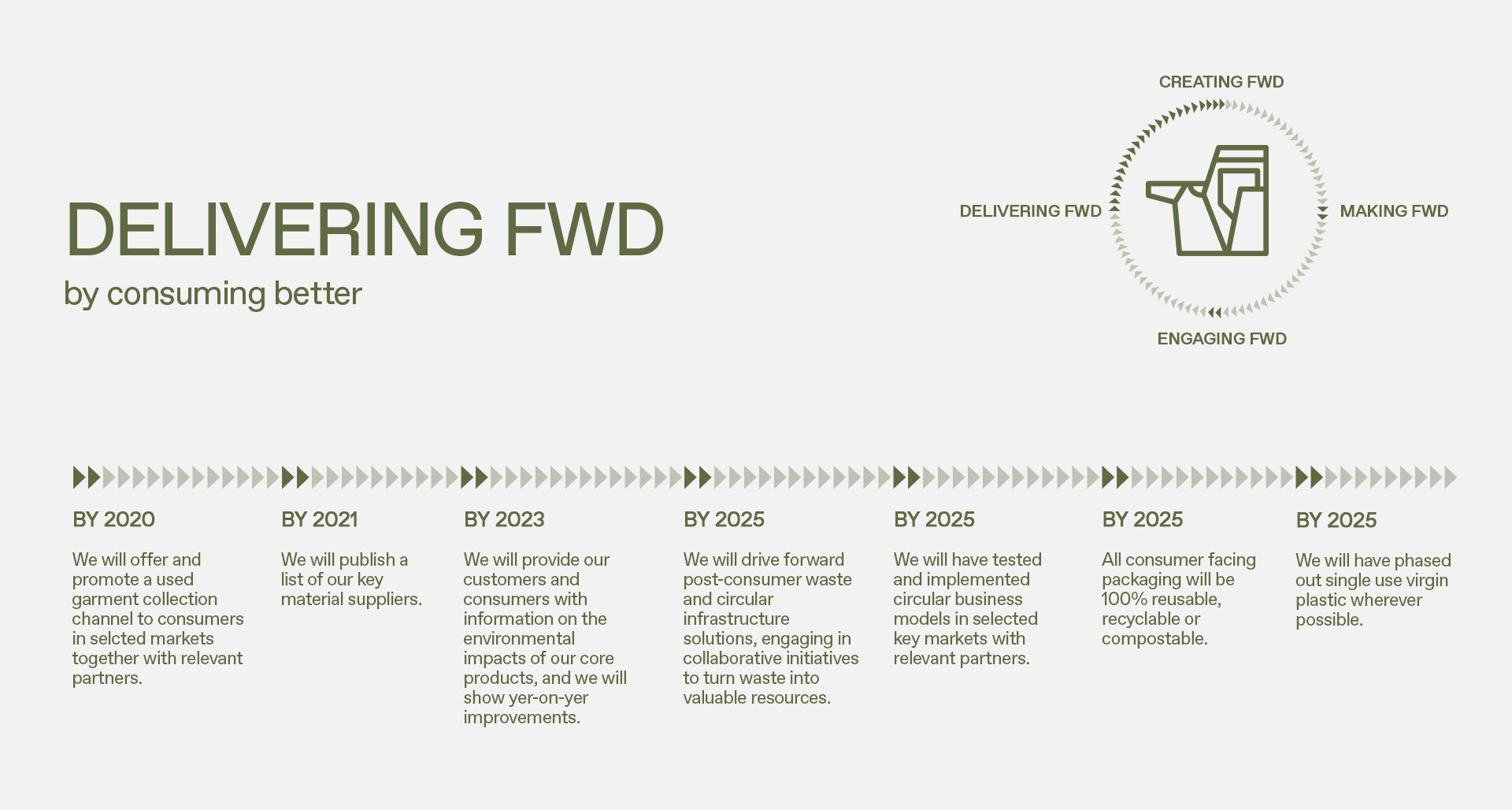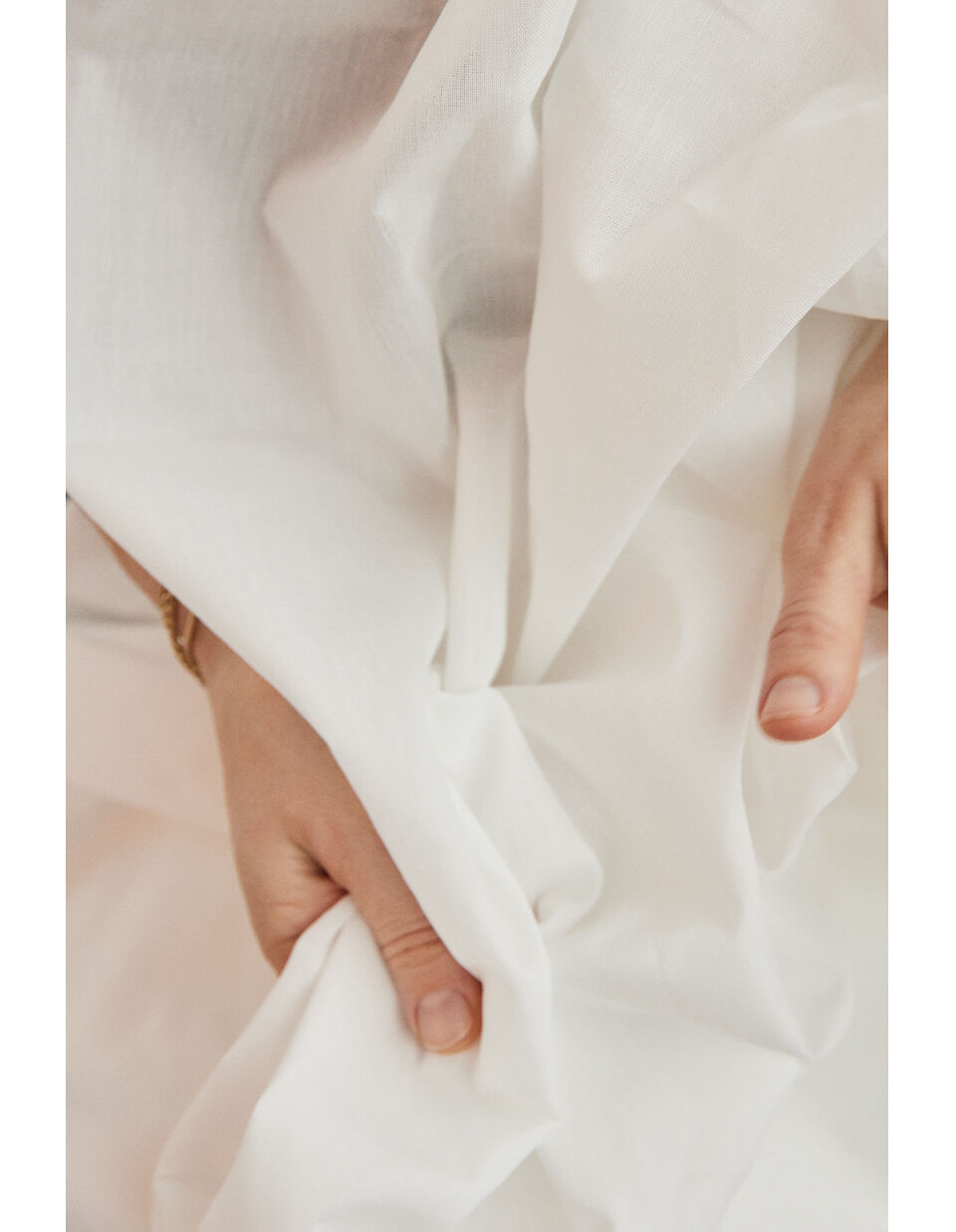
OUR VISION
We will engage consumers and partners across the industry to develop solutions until circularity and transparency is a mindset and consumers are empowered to act sustainably.


WHAT ARE WE DOING ABOUT PLASTICS?
Plastic is one of the biggest environmental problems we face. We need to take action on this now, so as a brand, we’re moving away from how we currently use plastic as quickly as possible.

Reducing plastic use by 2025
As part of our Fashion FWD strategy, we’ve set two ambitious goals for reducing our use of plastic by 2025:
- Phase out single-use virgin plastic wherever possible
- Make all consumer packaging 100% reusable, recyclable or compostable
One of our first steps has been to start mapping our plastic and packaging footprint to make changes that are as meaningful as possible. At the same time, we’ve been taking quick actions to reduce plastic use in our organization.
Recycling: a path to greater sustainability
At VERO MODA, we always follow the same strategy and guidelines formulated by our parent company, BESTSELLER. BESTSELLER supports high-quality recycling by sorting, collecting, and recovering plastic packaging materials used in our distribution and e-commerce operations.
BESTSELLER collaborates on recycling infrastructure across all of our markets and work with external experts, stakeholders and competitors to improve best practices in our organization and industry.
BESTSELLER is also reducing our use of plastic by choosing packaging made with recycled and more sustainable alternatives as much as possible, and wherever possible.
Supporting innovative packaging
Through BESTSELLER’s investment platform, we’re investing in new innovations in plastic and backing progressive businesses that are replacing fossil fuel-based options with renewable bio-based solutions.
The bottom line is that we’re absolutely committed to reducing our consumption of plastics. We’ll keep you updated as we replace virgin plastic with lower impact alternatives and support innovation of new materials.

WEAR & CARE GUIDE
Let’s work together to bring sustainable fashion FWD and reduce the fashion miles our products travel. Shop smarter. Return Less. Wear & Care More.

WEAR
Your worn-out clothes have reuse and recycling value – don’t throw them away.
- Repair them: Don’t let a broken zipper or a missing button become the end of your clothes life. Save the spare buttons and repair your clothes. This will prolong their life.
- Swap them: If a sweater doesn’t really fit anymore or you never got to wear the pants in the back of your closet, swap with your friends. Who knows? You might end up with your new favourite item.
CARE
Several calculations show that the use phase is the most polluting part of garment life cycle. You can reduce the overall environmental impact of your clothes by treating and washing them properly.
- Wash less: Many textiles are washed more than needed. Washing uses water, electricity and wears your clothes out. Refresh your clothes by airing instead of always washing them.
- Wash at lower temperature: Follow the care instructions but remember that the temperature stated in the care label is the highest possible washing temperature. You can always wash at lower temperatures, provided you use a detergent that is effective at 30°C or even in cold water. By lowering the washing temperature to 30°C instead of 60°C, you save a lot of energy (and money). Remember that textiles that need to be hygienically clean (e.g.: bed sheets) must be washed at 60°C.
- Use eco-labelled detergents Wash your clothes with detergents that are eco labelled, such as EcoLogo, Leaping Bunny, Green Seal and/or Ecocert.
- Fill up the washing machine: A simple rule to remember is that you must be able to fit a clenched fist over the clothes in the machine.
- Remove stains: If your clothes are stained, remove the stains according to the care instructions for the fabric. Most stains can be removed by using liquid dish detergent. Once the stains are removed, you don’t necessarily need to wash the clothes.
- Hang dry your clothes: This saves a lot of energy and make your clothes last longer since tumble drying is tough on them.